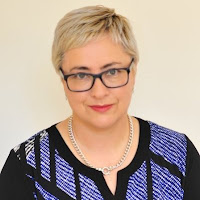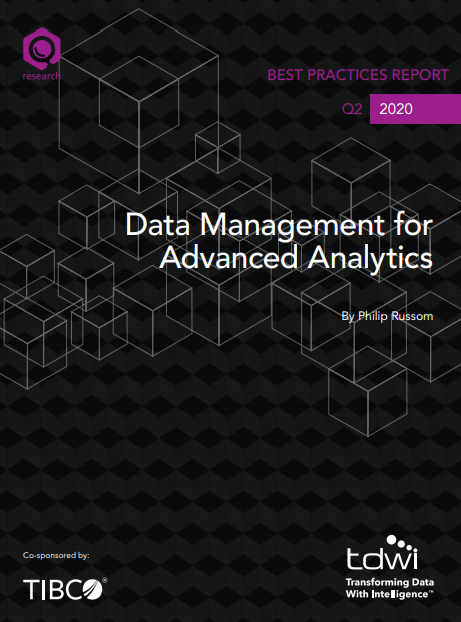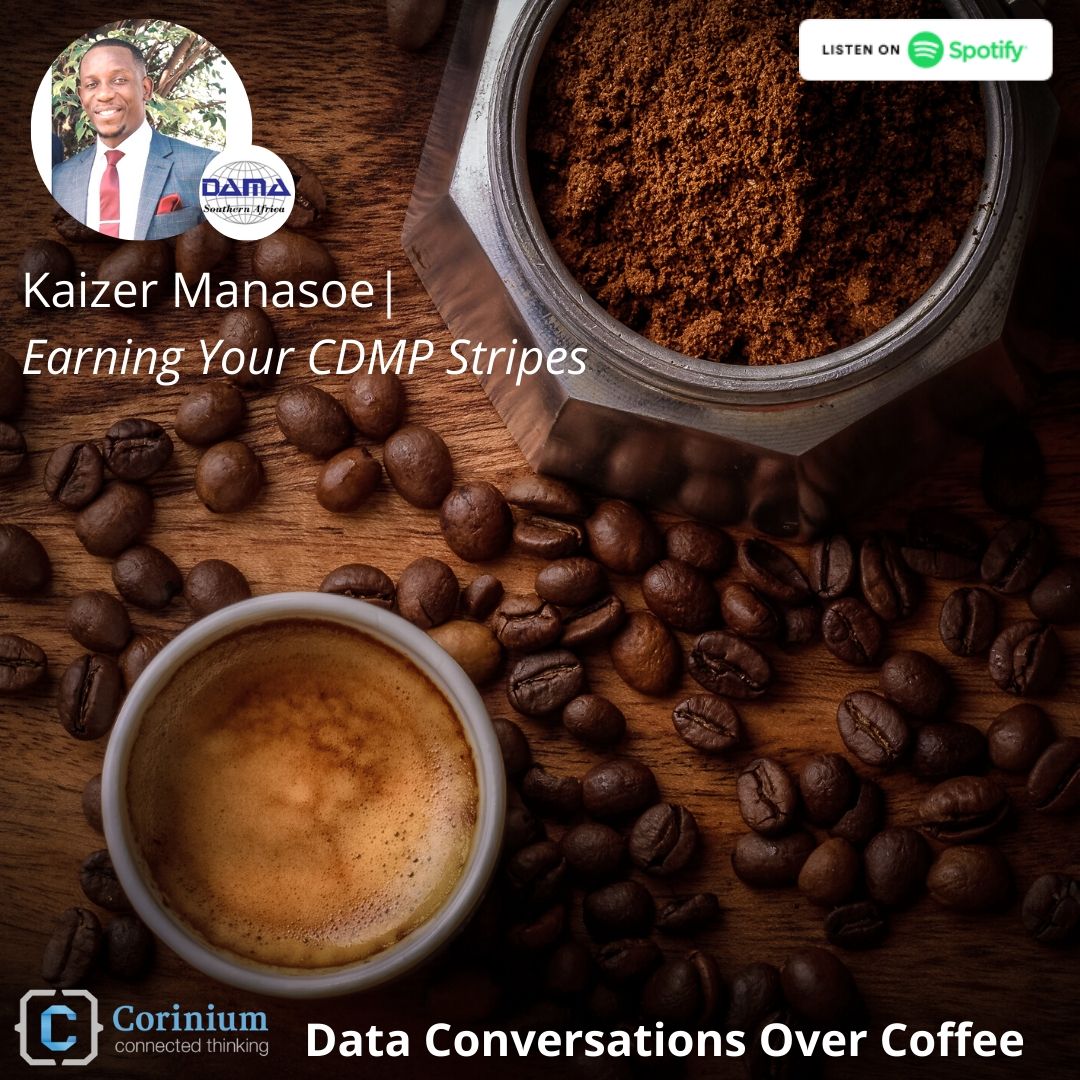Chief Data Officer at UNSW, Kate Carruthers, shares her top tips for getting started with data and information governance.
Corinium: We are looking forward to hearing from you at the CDAO Sydney event speaking on your data governance journey at UNSW. Establishing a data governance framework is inevitably challenging, what are the key cornerstones to consider of any successful data governance framework?
Kate Carruthers: Clarify your mandate. Get your policies and procedures sorted out early. An official policy clarifies your mandate for running the data governance program and can assist in obtaining buy-in. My starting point was a definition:
“Data governance is the organisation and implementation of policies, procedures, structure, roles, and responsibilities which outline and enforce rules of engagement, decision rights, and accountabilities for the effective management of information assets.”
Source: John Ladley, Data Governance: How to Design, Deploy and Sustain an Effective Data Governance Program, 2012
Setup an effective governance structure. This seems like an obvious thing, but many organisations struggle with this. Getting the right structure setup and the right people involved is critical to success. I have setup a Data Governance Steering Committee (DGSC), which has oversight of the entire program, with cross-organisational executive involvement, and it has been very important in obtaining credibility. The DGSC is supported by another Committee, which takes a more hands-on day to day role in deciding how we manage data across the organisation. We also work closely with IT, Privacy, Procurement, and Legal to ensure that they are involved in the data governance program.
Data governance is the organisation and implementation of policies, procedures, structure, roles, and responsibilities which outline and enforce rules of engagement, decision rights, and accountabilities for the effective management of information assets.
Make a start. Typically, in a large organisation, it can be daunting to consider data governance and to know where to start. Find an area of the organisation that has some willing people and just get started. This lets you demonstrate success and leverage that success to get the next area of the organisation involved.
Take inspiration from other organisations. Don’t feel the need to invent data governance from scratch. Talk to other practitioners – they’re usually delighted to find a fellow traveler. Find groups where data and information governance folks hang out, like The Data Governance Institute: The DGI, Information Governance ANZ or the Data Management Association Australia (DAMA). The kind folks at DG @ Stanford Universitywere particularly helpful to me in the early days.
Ignore the vendors. There are a plethora of vendors who say they have solutions for data governance. Ignore them. It is not about the tools, it is about practice and culture.
Corinium: You’ve once said that when it comes to building a culture for data governance, “work with the willing and win hearts.” What are your top tips for achieving a truly data-driven culture?
Kate Carruthers: We are still very early on in the journey towards a data-driven culture at UNSW. However, a combination of a good policy and standards framework, together with the right tools to enable people to understand and manage their data are key foundations.
Corinium: Tell us your view on data ownership. Do you agree that territorial stance on data ownership is one of the greatest challenges in establishing the CDO role?
Kate Carruthers: Not at all. The Chief Data Officer role at UNSW is part of the business and I’m here to help data owners across the organisation to truly own and understand their data. Another key relationship is with IT, and I work very closely with them to ensure that we build effective governance for the business.
Corinium: What do you see as the key benefits to an organisation in having a CDO role?
Kate Carruthers: Increasingly, data is seen as a critical corporate asset that needs to be managed effectively. Having someone who is responsible for facilitating discussions about how the organisation determines its use of new, existing, and legacy information assets is critical. Additionally, CDOs can lead the debate on digital ethics, privacy and other regulatory issues relating to data.
Corinium: What do you believe are the top 3 qualities needed to be a successful CDO?
Kate Carruthers: Solid understanding of the business, ability to listen to and understand the needs of business and IT colleagues, and an understanding of data and related technologies.
Corinium: What are your key priorities for investment in the next year?
Kate Carruthers: At UNSW, we’re all about delivering on the UNSW 2025 Strategy and there are huge array of projects kicking off. In the business-as-usual space however, I am particularly concerned with the Data & Information Governance program and implementing the Cybersecurity Program, including rollout of the Information Security Management System and the Data Classification process. These are the key foundations for our strategic data initiatives. We are also looking at our next generation analytics to support the 2025 Strategy.
Corinium: What is the one advice you will give to a CDO who will be assuming the role for the very first time?
Kate Carruthers: Take your time to understand the context and getting to know the business priorities.
Corinium: What are the biggest trends you envisage dominating the data analytics space over the coming year?
Kate Carruthers: The legacy data warehouses will linger but Hadoop and predictive analytics will continue their growth. I’m expecting to see tools for managing realtime data streaming to go mainstream – we’ve already experimented with Amazon Kinesis during 2016. And of course, more cloud based offerings as vendors try to catch up.
To hear more from Kate, reserve your seat at the Chief Data and Analytics Officer, Sydney taking place on the 6-8 March, 2017.
For more information visit: www.chiefdataanalyticsofficersydney.com







.jpg)

